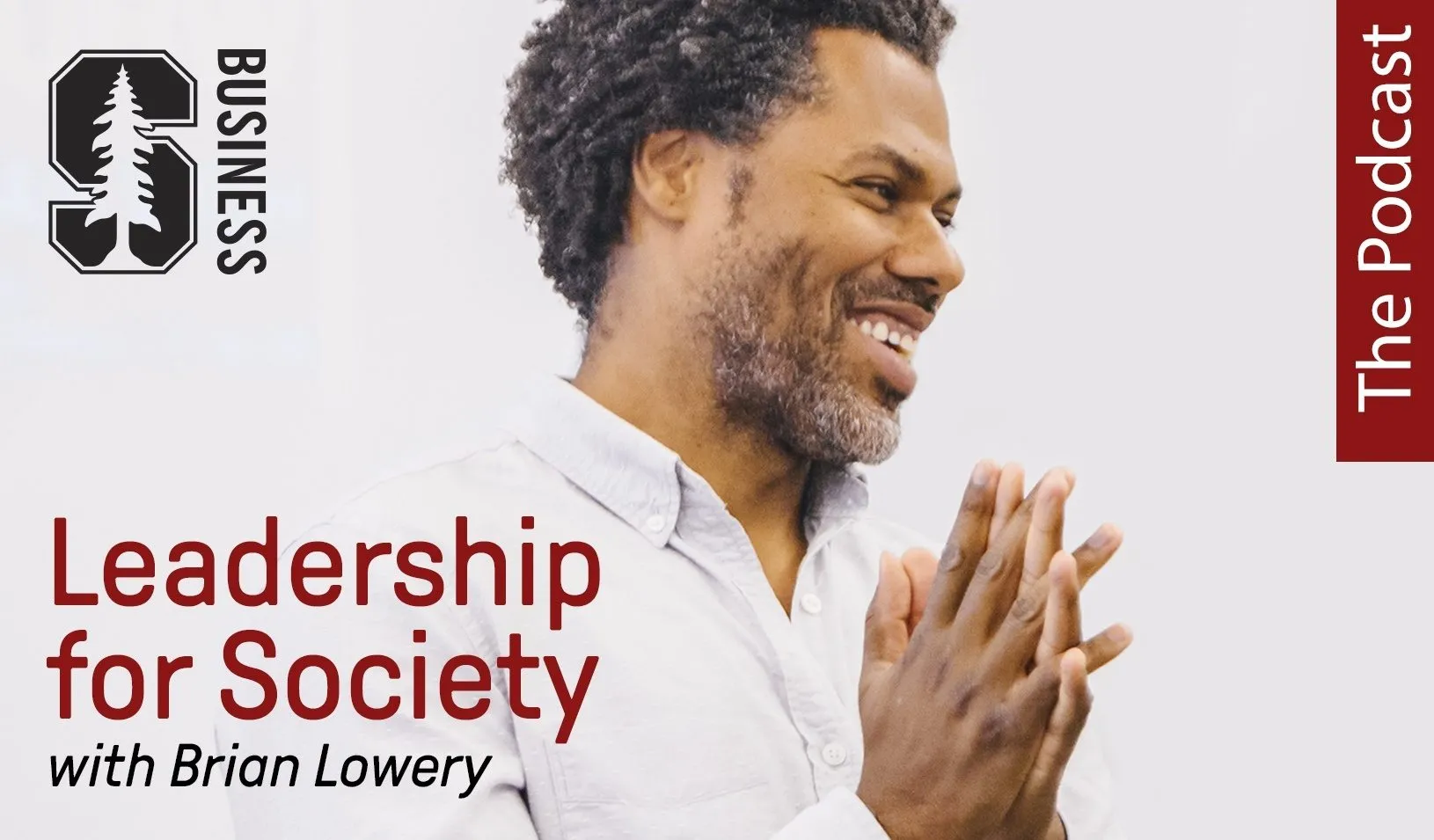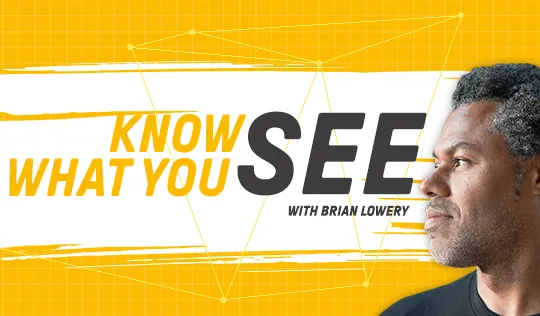Who We Are
Leadership for Society is a groundbreaking program at Stanford Graduate School of Business, led by Professor Brian Lowery. Through in-depth, thought-provoking conversations with leaders across a broad range of sectors—including business, government, academia, media, and social impact—Professor Lowery explores the most pressing issues that shape our society today.
What We Do
At the heart of the program is a commitment to understanding leadership not just as a function of individual achievement, but as a force for navigating societal change and fostering collective well-being. Each session brings together influential voices to examine complex topics such as race and identity, power and inequality, climate and sustainability, technology and ethics, and the role of institutions in re-making our shared future.
How to Join the Conversation
Explore the Leadership for Society YouTube playlist and podcast series to go beyond listening—join a community of students and leaders engaging in timely, courageous conversations. This is your opportunity to connect, reflect, and lead with purpose.

